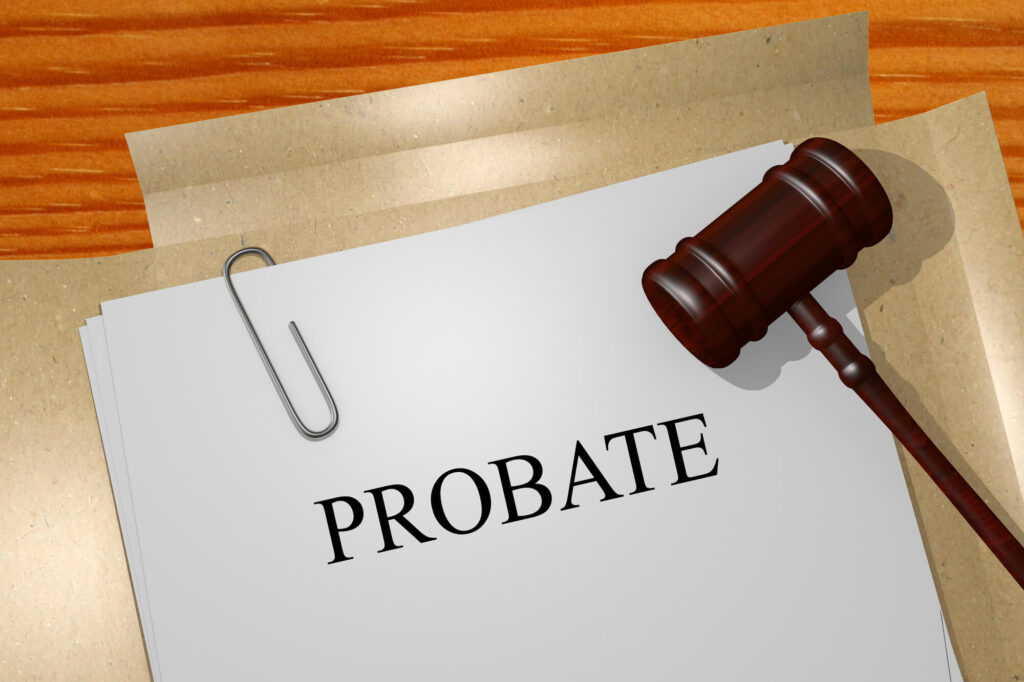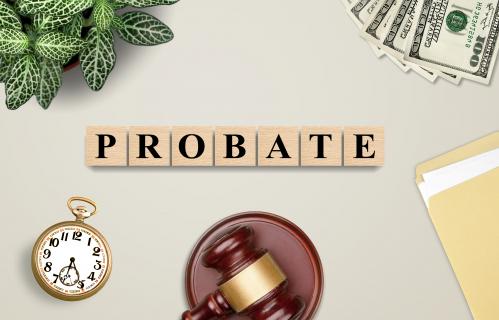Understanding the Role of an Executor in Texas Probate
The executor plays a crucial role in the probate process in Texas, responsible for managing the deceased's estate. This includes collecting assets, paying debts, and distributing property according to the will or state law if no will exists.
In Texas, the executor must adhere to specific legal obligations, such as filing the will with the probate court and providing an inventory of estate assets. Failure to perform these duties can lead to legal complications, making it essential for executors to understand their responsibilities thoroughly.
Estate Planning for Blended Families: Unique Considerations
Blended families face unique challenges in estate planning, as traditional methods may not adequately address the needs of stepchildren and former spouses. It's vital to create a comprehensive estate plan that considers all family members to avoid conflicts and ensure that everyone is treated fairly.
For example, a will or trust can specify how assets should be divided among biological children and stepchildren, addressing potential disputes and ensuring that the deceased's wishes are honored. Consulting with an experienced attorney can help navigate these complexities effectively.
How to Contest a Will in Texas: Legal Grounds and Process
Contesting a will in Texas can be a complicated process that requires valid legal grounds. Common reasons for contesting a will include lack of testamentary capacity, undue influence, or improper execution of the will.
Individuals wishing to contest a will must file a lawsuit in the probate court within a specific timeframe, typically within two years of the decedent's death. Understanding the legal requirements and having a strong case is crucial for a successful challenge, making legal counsel essential.
Tax Implications of Inheriting Property in Texas
Inheriting property in Texas can have significant tax implications that beneficiaries should be aware of. While Texas does not impose a state inheritance tax, federal estate taxes may apply depending on the value of the estate.
Additionally, inheritors may face capital gains taxes if they decide to sell the inherited property. It's important for beneficiaries to consult with tax professionals to understand their obligations and plan accordingly to minimize tax liabilities.











